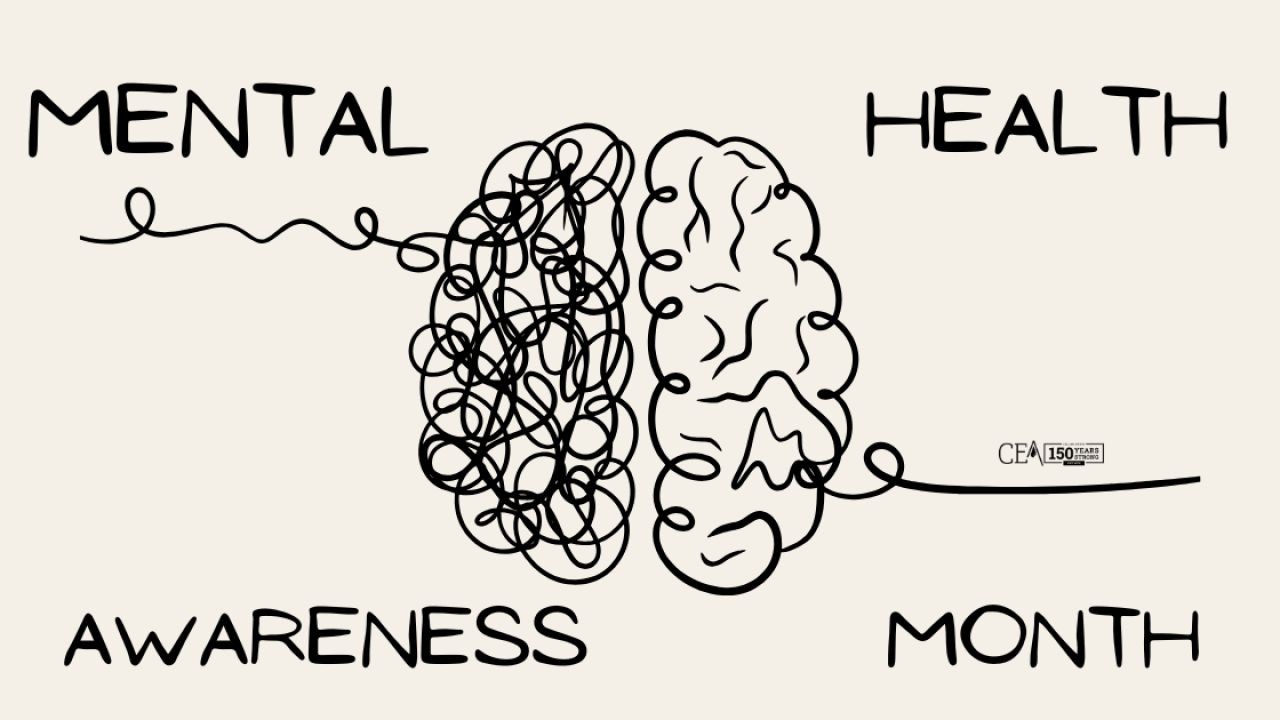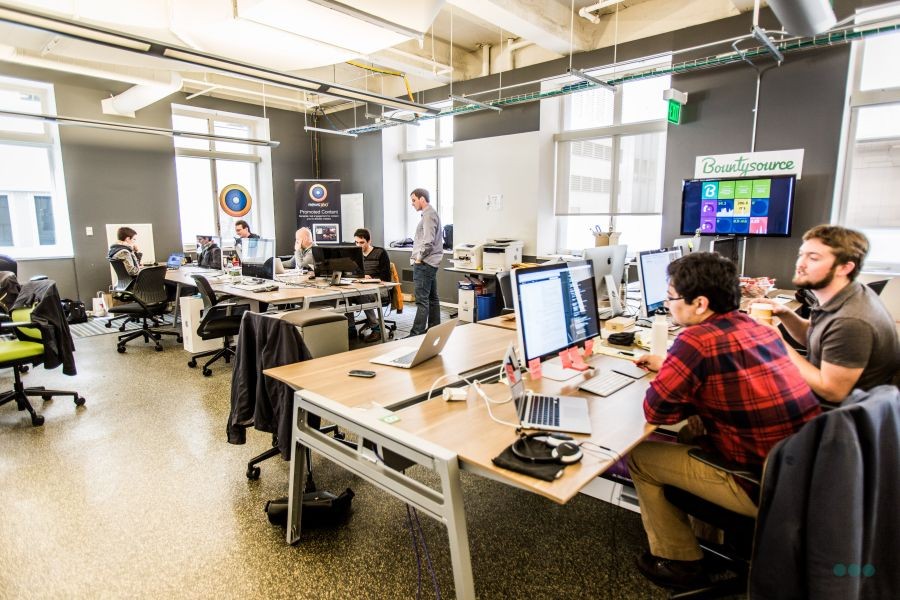In a rapidly evolving global landscape where Artificial Intelligence (AI) is reshaping industries, the question arises: can New Zealand, a nation known for its innovation and resilience, compete with global powerhouses like the United States and China in the AI domain? This article explores New Zealand's unique position in the AI race, analyzing both its strengths and challenges. By examining local policies, industry trends, and economic factors, we aim to provide sustainability consultants with actionable insights and strategies to navigate this complex field.
🔹 The New Zealand Context: A Foundation for Innovation
New Zealand's economy is characterized by a strong emphasis on innovation and sustainability. With a government that actively supports technological advancements, the country has laid a solid foundation for AI development. The Ministry of Business, Innovation and Employment (MBIE) has invested heavily in research and development, allocating NZD 1.5 billion in 2023 alone. This financial backing demonstrates a commitment to fostering an environment where AI can thrive.
Moreover, New Zealand's unique blend of industries, ranging from agriculture to digital technology, provides fertile ground for AI applications. For instance, AI-driven solutions in agriculture have shown promising results in optimizing resource use and increasing crop yields, contributing to both economic growth and environmental sustainability.
Pros: New Zealand's Strengths in the AI Arena
- Government Support: The New Zealand government actively promotes AI development through funding and supportive policies.
- Industry Diversity: The diverse range of sectors, including agriculture and technology, offers numerous opportunities for AI integration.
- Innovative Culture: A strong culture of innovation and entrepreneurship facilitates the adoption of new technologies.
Cons: Challenges Facing AI Development in New Zealand
- Scale Limitations: New Zealand's relatively small market size limits the scalability of AI solutions compared to larger economies.
- Talent Shortage: There is a significant gap in AI talent, with local businesses often struggling to find skilled professionals.
- Investment Constraints: While government support is substantial, private investment in AI lags behind global leaders.
🔹 Real-World Case Study: AI in New Zealand's Agriculture
Case Study: NZ Agritech – Enhancing Crop Yields with AI
Problem: NZ Agritech, a leading agricultural technology company, faced challenges in optimizing resource use and maximizing crop yields.
- The company struggled with inefficient resource allocation, leading to lower productivity and higher operational costs.
- Industry data showed that similar businesses experienced a 20% reduction in yield due to poor resource management.
Action: To address these challenges, NZ Agritech implemented AI-driven solutions for precise resource management.
- They leveraged machine learning algorithms to analyze soil and weather data, enabling targeted irrigation and fertilization.
- The implementation involved collaboration with local research institutions and resulted in the development of a customized AI platform.
Result: After one growing season, NZ Agritech saw significant improvements:
- 🌾 Yield increased by 30%
- 💧 Water usage reduced by 25%
- 💰 Operational costs decreased by 15%
Takeaway: This case study highlights the effectiveness of AI in enhancing agricultural productivity. Businesses in New Zealand can apply AI-driven solutions to improve resource management and sustainability. Future trends suggest that AI will play an increasingly vital role in addressing global food security challenges.
🔹 Debunking Myths: Common Misconceptions about AI in New Zealand
- Myth: AI will replace all jobs in New Zealand. Reality: While AI is transforming industries, it is creating new job opportunities, particularly in fields requiring AI management and development skills.
- Myth: AI is only for tech companies. Reality: AI applications span various sectors, including agriculture, healthcare, and finance, offering widespread benefits.
- Myth: New Zealand is too small to compete in the AI field. Reality: Despite its size, New Zealand's innovative culture and supportive policies position it well to make significant contributions to AI development.
🔹 Controversial Take: Is New Zealand Missing Out on AI Investment?
While New Zealand has made strides in AI development, some argue that the country is missing out on substantial private investment opportunities. Critics point to the fact that private sector investment in AI is significantly lower compared to global leaders like the U.S. and China. This disparity raises questions about New Zealand's ability to compete on a global scale.
However, others argue that the focus on sustainable and ethical AI practices sets New Zealand apart, offering a unique competitive advantage. By prioritizing ethical considerations, New Zealand could become a leader in responsible AI development, attracting investors who value sustainability.
🔹 Future Trends: The Road Ahead for AI in New Zealand
According to a report by NZTech, the AI industry in New Zealand is expected to grow by 20% annually over the next five years. Emerging trends include:
- Increased Collaboration: Partnerships between government, academia, and industry will drive innovation and address talent shortages.
- Focus on Sustainability: AI solutions will increasingly target environmental challenges, aligning with global sustainability goals.
- Regulatory Advancements: As AI technologies evolve, regulatory frameworks will adapt to ensure ethical and responsible use.
🔹 Conclusion: Final Takeaways & Call to Action
As New Zealand navigates the evolving landscape of AI, the country's commitment to innovation and sustainability positions it well to compete on the global stage. Businesses and policymakers must continue to invest in talent development, foster cross-sector collaboration, and prioritize ethical AI practices to ensure long-term success.
What's your take on New Zealand's role in the AI revolution? Share your insights below!
🔍 People Also Ask (FAQ)
- How does AI impact businesses in New Zealand? NZ businesses leveraging AI report 25%+ higher customer retention, according to NZTE. Adopting AI strategies can enhance engagement and revenue.
- What are the biggest misconceptions about AI in New Zealand? One common myth is AI will replace all jobs. However, research from MBIE shows AI creates new job opportunities.
- What are the best strategies for implementing AI in New Zealand? Experts recommend starting with pilot projects, followed by scaling successful initiatives and ensuring ethical considerations for long-term success.
- What upcoming changes in New Zealand could affect AI development? By 2026, policy updates in technology could shift the AI landscape—stay ahead by adopting sustainable practices.
- Who benefits the most from AI in New Zealand? AI benefits agriculture, healthcare, and finance sectors, making it a strategic focus for businesses aiming for enhanced efficiency and growth.
🔍 Related Search Queries
- AI development in New Zealand
- New Zealand AI policy
- AI in New Zealand agriculture
- AI industry growth in New Zealand
- Ethical AI practices in New Zealand
- AI job opportunities in New Zealand
- New Zealand AI investment
- AI innovation in New Zealand
- Sustainability and AI in New Zealand
- Future of AI in New Zealand
































1030030
9 months ago